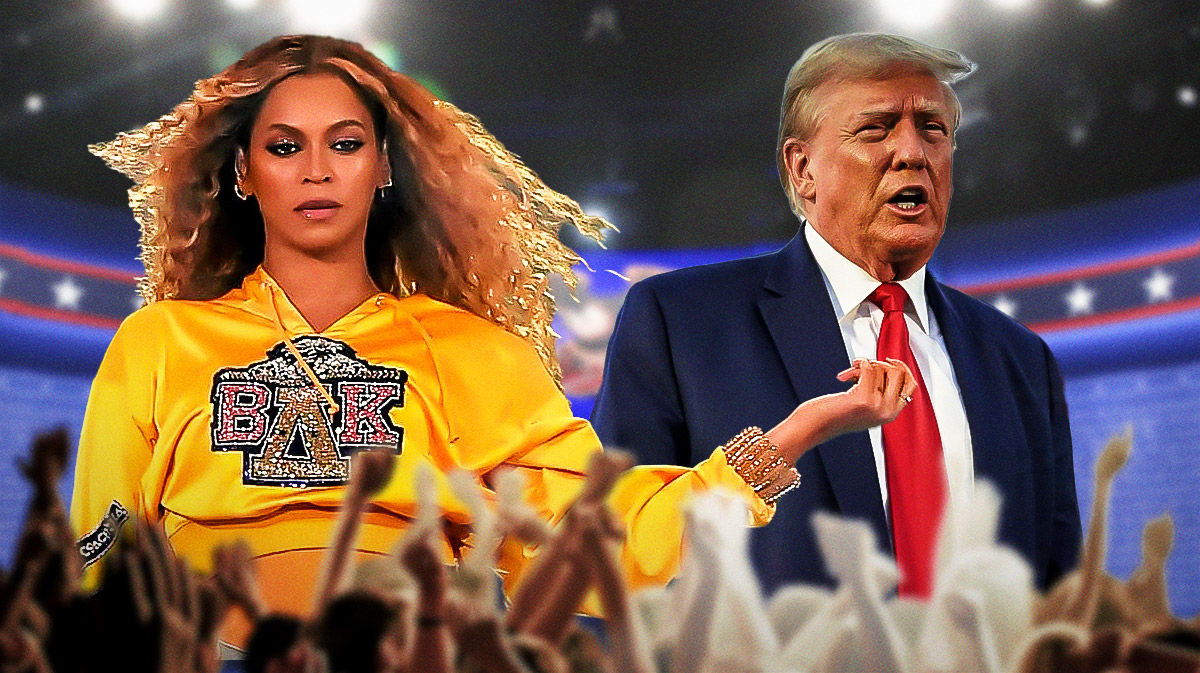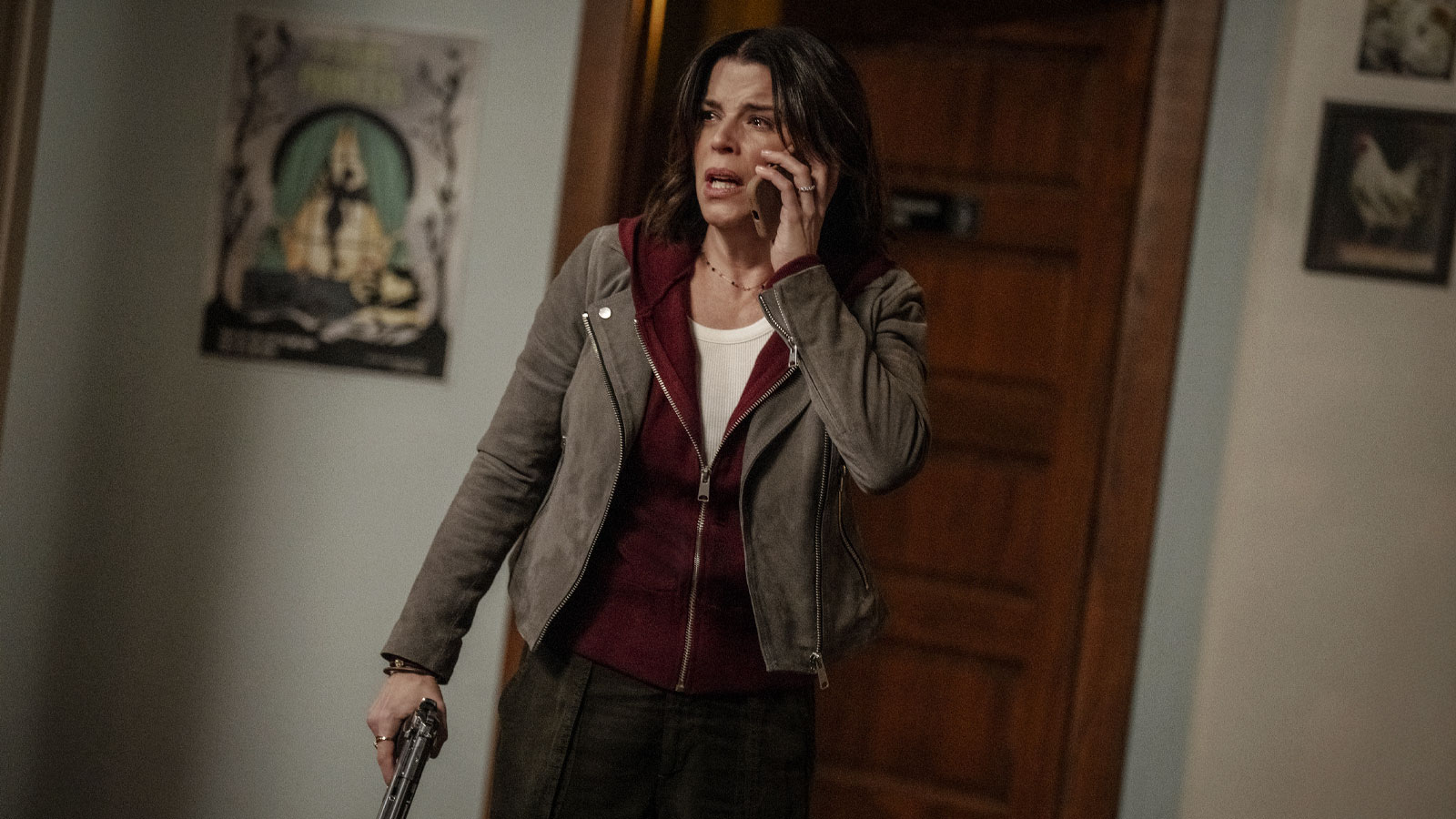Beyoncé has taken legal action against former President Donald Trump’s campaign for using her song “Freedom” in a social media video without permission, RollingStone reports. The song, which has been closely associated with Vice President Kamala Harris’ presidential campaign, appeared in a 13-second clip posted by Trump campaign spokesperson Steven Cheung on X, formerly known as Twitter. The video, showcasing Trump disembarking from a plane in Michigan, featured the track prominently, sparking Beyoncé’s legal team to issue a cease-and-desist.
According to a source close to Beyoncé, the Trump campaign did not seek or receive authorization to use the track. Despite the cease-and-desist order, the video remained accessible on Cheung’s X account as of Wednesday afternoon. This incident underscores a recurring issue with Trump’s campaign, which has faced criticism for using artists’ music without consent in the past.
Beyoncé's track “Freedom” has become a significant part of Kamala Harris' campaign, used extensively in various campaign materials and events. The song was prominently featured in Harris' initial campaign ad and has been played at multiple public appearances. The artist had previously granted permission for its use by Harris, marking a clear distinction between authorized and unauthorized use.
The Politics of Music: A History of Unauthorized Use
Trump’s campaign has a history of using music by artists without proper authorization, often resulting in legal threats and pushback. This latest incident further exemplifies the ongoing friction between the former president’s team and the music industry. While the Trump campaign's spokesperson defended the use of the song, claiming it was a matter of free promotion, Beyoncé’s legal team remains firm in their stance against the unauthorized use.
As the legal battle unfolds, Beyoncé’s move serves as a strong reminder of the importance of respecting intellectual property rights and securing appropriate permissions before utilizing copyrighted material. The resolution of this case could set a precedent for future disputes involving music and political campaigns.



















